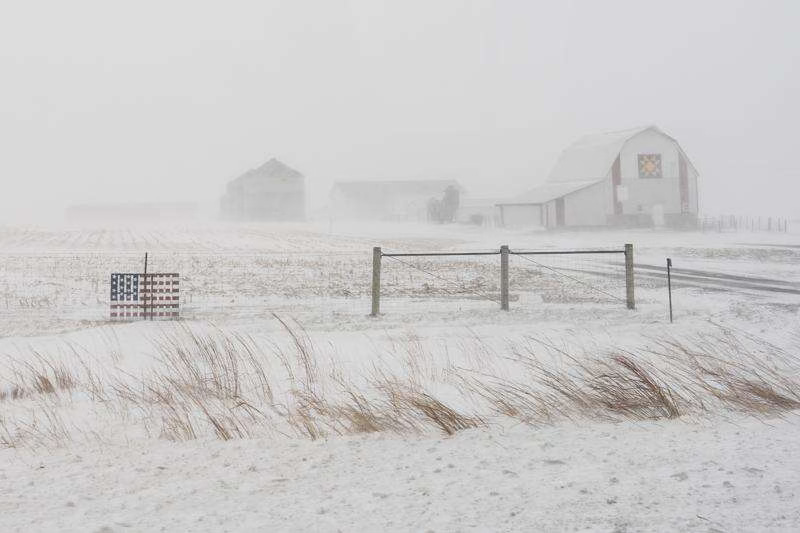On the Heartland Straussian
Essay I: The Return to First Principles- Introducing the Heartland Straussian Project
The classic is characterized by noble simplicity and quiet grandeur. - Leo Strauss
We live in a time that has forgotten the question of first things. Politics has become a contest of power, culture a vessel of resentment, and philosophy a function of ideology. In such an age, the ancient question, What is the just regime? Feels at once too large and too …



